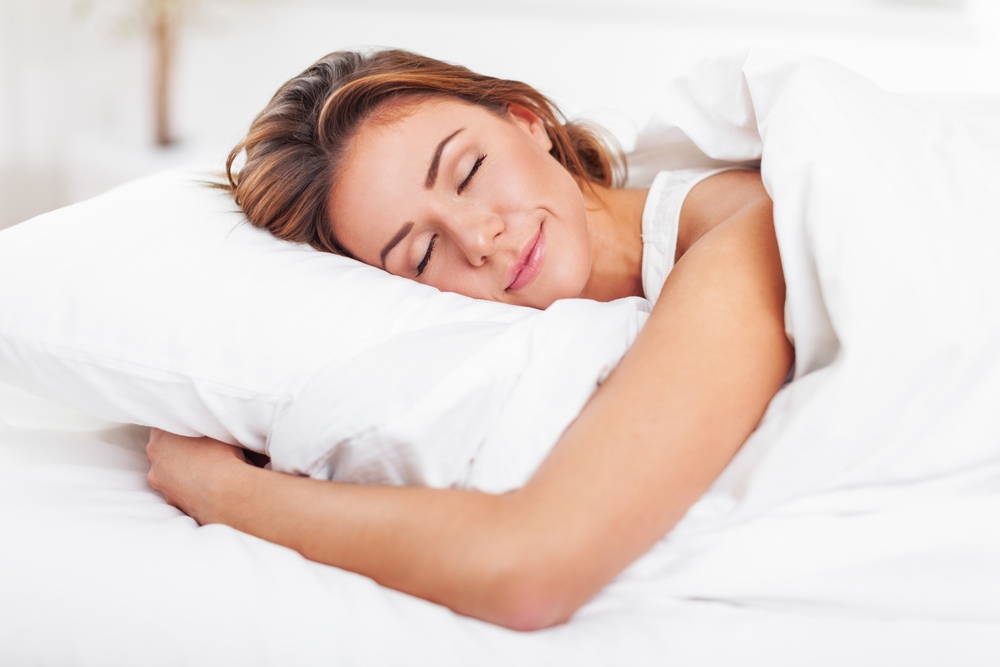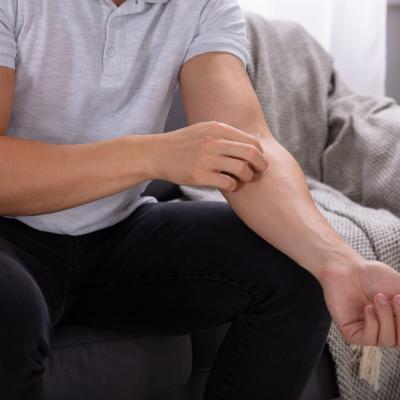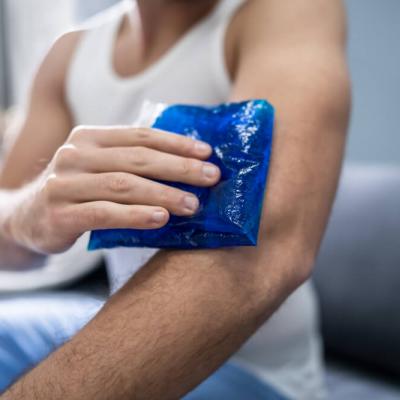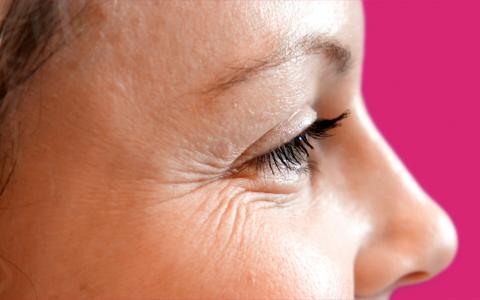The 4 Best Essential Oils for Sleep

When most people are asked “What makes you healthy?” they’ll list off the normal things: eating well, exercising, and drinking plenty of water. But a surprising amount of people don’t realize how much their sleep patterns affect their overall health. Not getting enough sleep – or not sleeping deeply enough – can take a serious toll on your body. Instead of relying on habit-forming sleeping pills, consider using essential oils for sleep, to ease into a good night’s rest.
Risks of not getting enough sleep
Weight gain
Lack of sleep is associated with substantial weight gain. When you don’t get enough sleep, your brain’s ability to regulate your appetite becomes significantly impaired. Additionally, sleep deprivation has been linked to hormone fluctuations that lead to weight gain.
Depression
Believe it or not, not getting enough sleep is linked to symptoms of depression. Depression and insomnia tend to work as a vicious cycle; depression can make it difficult to sleep, while lack of sleep can aggravate symptoms of depression.
Compromised immune system
Your body encounters a number of threats every day and should be able to fend them off under normal circumstances. However, when your body isn’t well-rested, it can’t properly defend itself against harmful viruses and bacteria.
Decreased cognitive function
We’ve all felt the effects of a poor night’s sleep in the slow, foggy brain function that follows. Lack of sleep makes it difficult to focus and make decisions. It also impairs your brain’s ability to remember things, which is why it’s so important to get plenty of sleep before a big test.
Best essential oils for sleep
1. Lavender
 It should come as no surprise that lavender is the top recommended essential oil for sleep. Many studies have shown that lavender has a positive effect on sleep regulation. It is best used in a diffuser or room spray, in a bath, or applied topically.
It should come as no surprise that lavender is the top recommended essential oil for sleep. Many studies have shown that lavender has a positive effect on sleep regulation. It is best used in a diffuser or room spray, in a bath, or applied topically.
Ingestion is not recommended as it can cause negative side effects like burning eyes, nausea and difficulty breathing. It should also be avoided when taking certain medications like barbiturates and chloral hydrate. Lavender can increase their sedative effects and cause extreme drowsiness.
2. Valerian root
 According to Dr. Axe, valerian root has a direct impact on your brain’s GABA level, which can cause a sedative effect. Especially when combined with other calming oils like lemon balm, it has been shown to have a significant impact on sleep.
According to Dr. Axe, valerian root has a direct impact on your brain’s GABA level, which can cause a sedative effect. Especially when combined with other calming oils like lemon balm, it has been shown to have a significant impact on sleep.
Valerian oil can be used in a diffuser or a bath, as well as applied topically with a carrier oil. However, most people don’t find the smell as pleasant as some other oils.
Combining it with lemon balm will help with the smell and increase its effectiveness.
3. Chamomile
 Most of us have heard of drinking chamomile tea to assist with sleep. The oil itself is also very effective in aiding sleep. In a 2005 study, chamomile was shown to have a positive effect on rats’ sleep patterns.
Most of us have heard of drinking chamomile tea to assist with sleep. The oil itself is also very effective in aiding sleep. In a 2005 study, chamomile was shown to have a positive effect on rats’ sleep patterns.
Its light floral scent is pleasant and relaxing when diffused or added to a bath.
Alternatively, it can be applied topically with a carrier oil and massaged into the skin.
4. Jasmine
 Similarly to valerian root oil, jasmine oil has been shown to increase GABA activity in the brain. It’s linked to decreased levels of anxiety and stress as well as symptoms of depression.
Similarly to valerian root oil, jasmine oil has been shown to increase GABA activity in the brain. It’s linked to decreased levels of anxiety and stress as well as symptoms of depression.
A few drops mixed with an unscented lotion or carrier oil can significantly soothe your nerves and increase your ability to fall asleep.
Or, if you’d prefer, you can diffuse it or put a few drops in a warm bath.
How to use Essential Oils for Sleep
Diffusor/spray
A few drops of a calming essential oil into a diffusor will give your room a cozy, relaxing feel. Simply diffuse about 30 minutes before bedtime. Alternatively, you can mix up your own room spray using distilled water, alcohol (which helps the scent to last longer), and your choice of essential oils. This mixture can be sprayed into the air and onto sheets and pillows for a calming effect.
Topical application
Many people recommend applying a few drops directly to the wrists, feet, and back of the neck. The scent of the oil will help you to relax, and studies have shown that the chemical components of lavender are able to enter the bloodstream to increase its effectiveness. Simply massage a few drops into the skin.
Bath
A pre-bedtime bath with essential oils can work wonders on your sleep routine. Before bed, fill a warm bath with Epsom salt or baking soda and 3-4 drops of your chosen essential oil. Soak for up to 30 minutes and you’ll reap the calming benefits of both a warm bath and topical application of the oil.
Today more than ever, people have begun to rely on habit-forming sleep medications to regulate their sleep patterns. Essential oils are a healthy and safe alternative that have been biologically proven to have a positive effect on sleep patterns. So pick up a few of your favorites and get ready to settle into a good night’s sleep.







